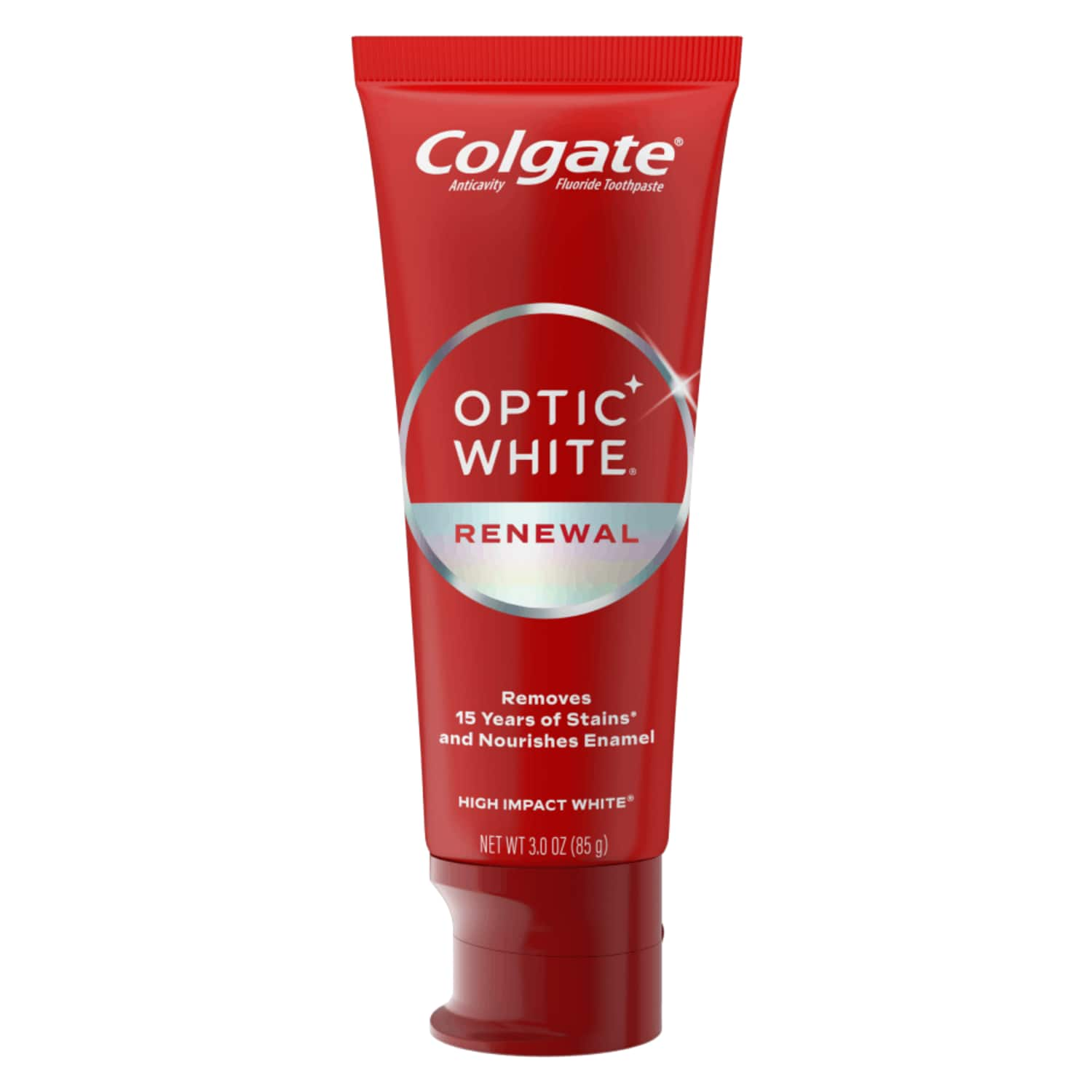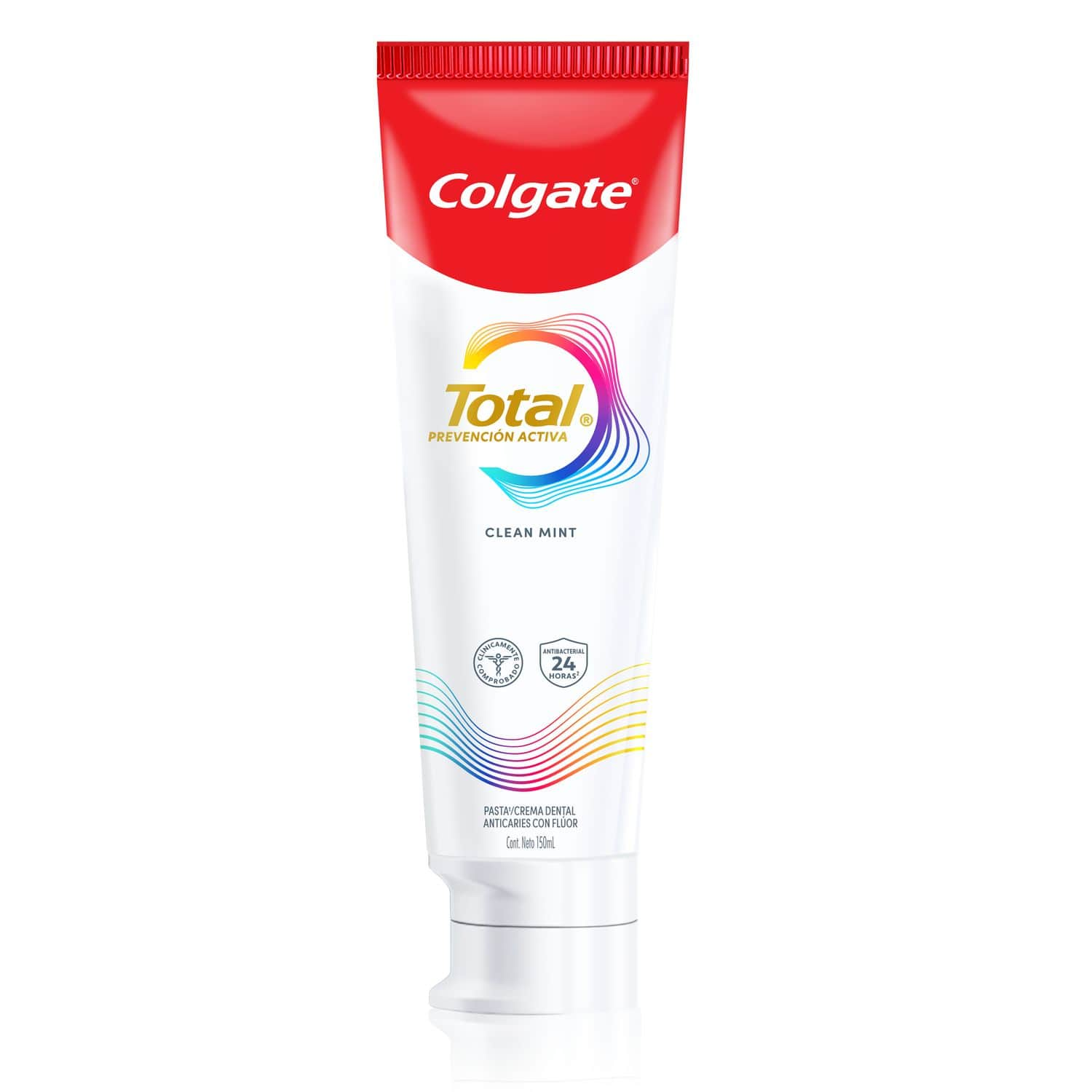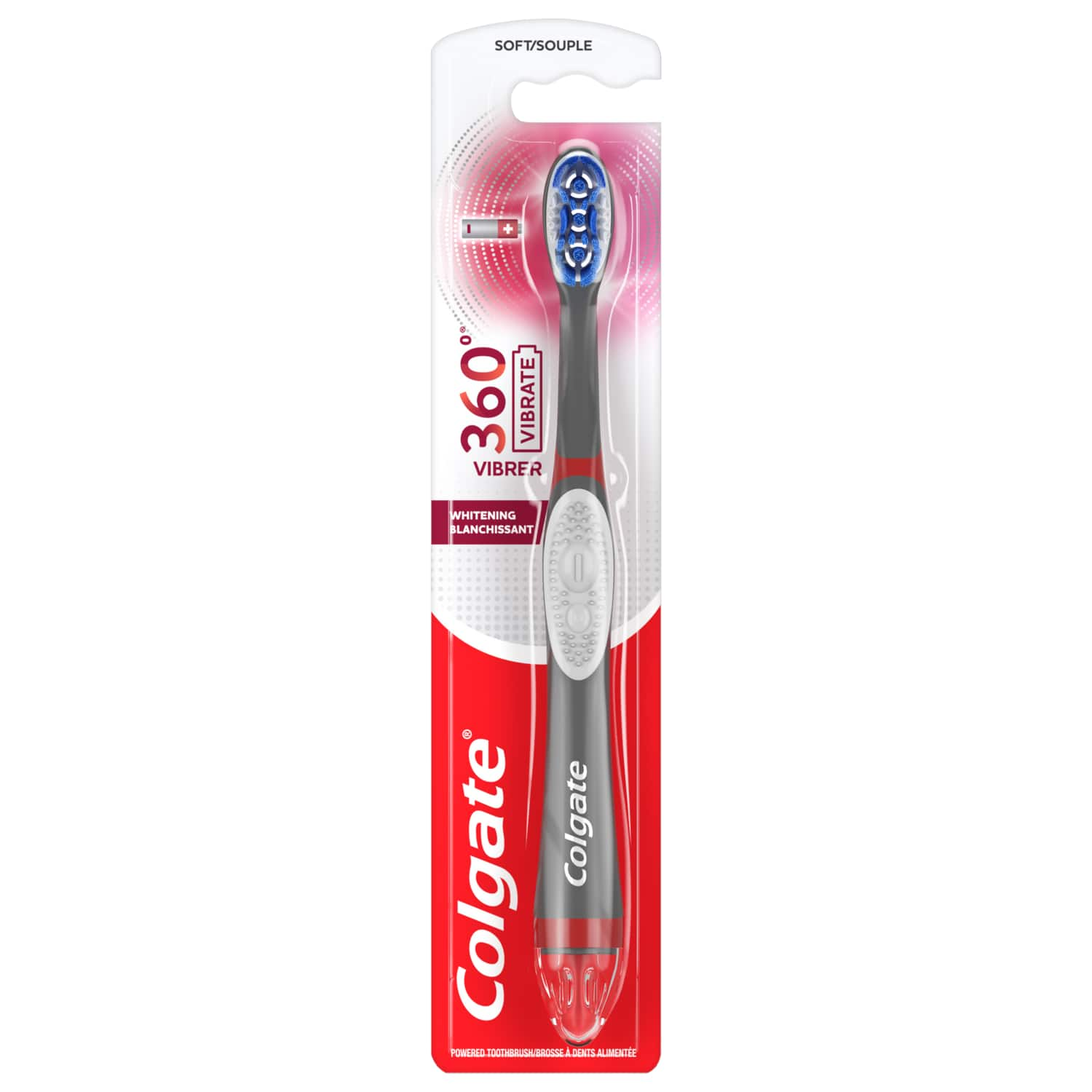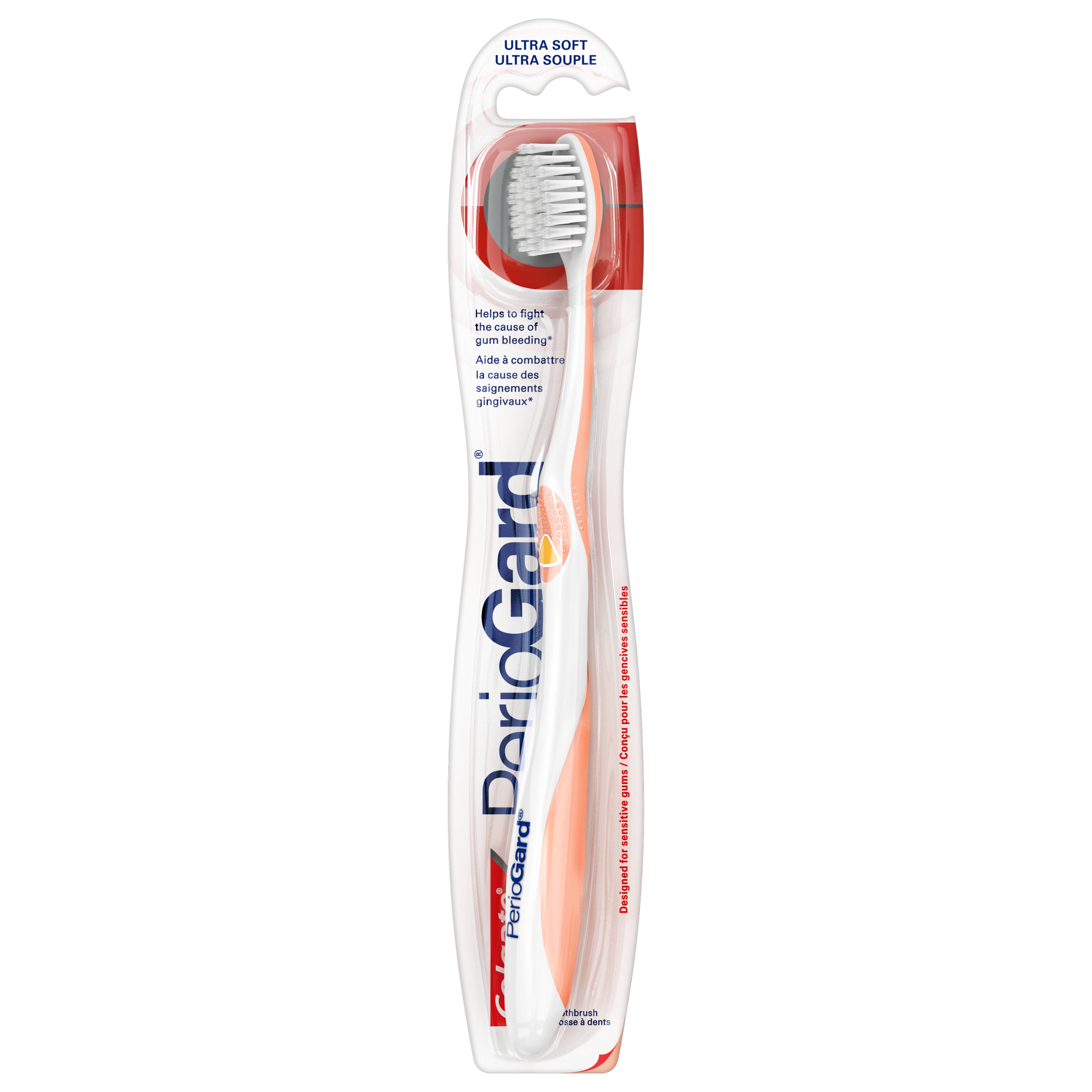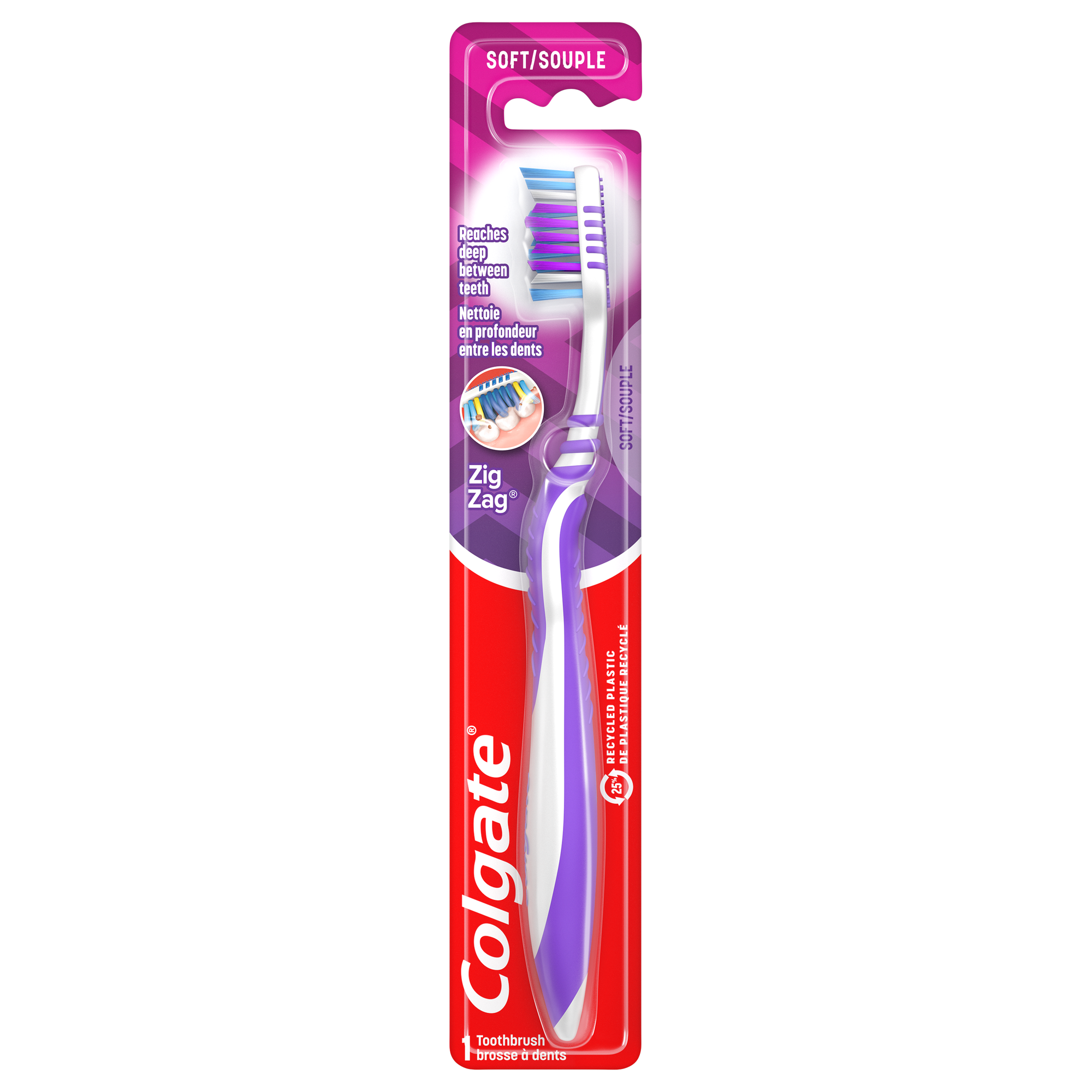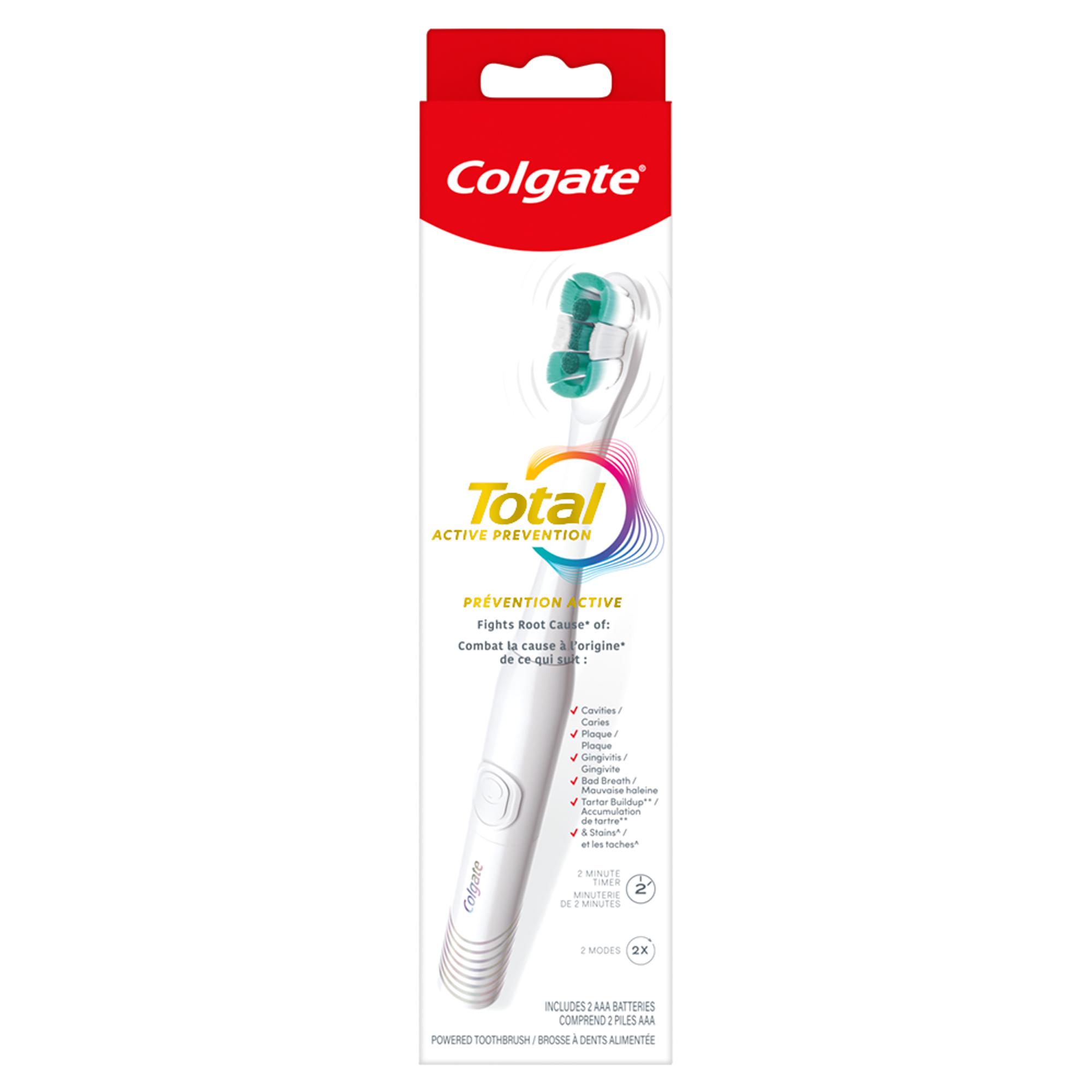-
-

TOOTH SENSITIVITY
What Causes Tooth Sensitivity & How to Treat ItIf you avoid eating cold foods or drinking hot beverages because your teeth are sensitive, it may be time to get...

NUTRITION ORAL HEALTH
How To Limit The Effects Of Sugar On TeethCookies, cakes, candies and sodas – everywhere you go, there are sugary treats to tempt you and your kids. The effects of sugar...
-
Science & Innovation
- ORAL HEALTH CHECK
- PRODUCT MATCH
- Colgate® | Toothpaste, Toothbrushes & Oral Care Resources
- Oral Health
- Probiotics for Bad Breath: A Solution With Impressive Potential


What Exactly Are Probiotics?
Probiotics are live bacteria and yeasts that benefit your health. Many use probiotics — which are found in fermented foods like yogourt and sauerkraut as well as supplements — to aid in digestive health. Probiotics encourage the good bacteria in your gut to grow, leaving less room for the bad. Similarly, both good and bad bacteria reside in your mouth. Researchers continue to explore how probiotics can impact your oral health, including bad breath.
What Types of Bacteria Cause Bad Breath?
Bacteria found on the tongue and below the gums produce the foul-smelling gas behind most cases of bad breath. These bacteria emit volatile sulphur compounds (VSC) — such as hydrogen sulphide and methyl mercaptan — that smell like rotten eggs and dying cabbage. While brushing, flossing, swishing mouth rinse and chewing gum can remove gas-producing bacteria to freshen breath, these methods only work temporarily since the bacteria quickly repopulate.
How Can Probiotics Help Prevent Bad Breath?
A review published in the Canadian Dental Association Journal cites probiotic therapy as beneficial for dental caries, periodontal disease and halitosis through colonization of the oral cavity. One study noted that gargling with a solution containing W. Cibaria was associated with a net reduction in the production of VSC and consequently a reduction in bad breath. The review also cites another study, which found that Streptococcus salivarius strain K12 was detected most frequently among people without halitosis and therefore could be used as a treatment to prevent bad breath. Gum or lozenges containing S. salivarius K12 reduced levels of volatile sulphur compounds among patients with halitosis. There's even more good news. These bacteria strains also helped reduce gingivitis, pharyngitis, oral candidiasis and dental decay.
How Can You Find Immediate Relief?
To get relief from bad breath right this minute, stick with your toothbrush, mouthwash or sugar-free dental gum. However, dental probiotic supplements might help you fight off rotten breath over time. These supplements are available in lozenges, chewable tablets or probiotic drinks, and even some kinds of toothpaste contain oral probiotics.
If bad breath is a continuing issue for you, make sure to see your dental professional to rule out any underlying causes, such as periodontal disease, sinus issues or gastrointestinal disease. Otherwise, with the combination of dental probiotics and a good oral hygiene routine, halitosis should never hold you back.
Related Articles

Everyone gets bad breath sometimes. But occasionally, bad breath can be a symptom of an underlying dental issue. Learn more about perio breath.

Let's face it: Bad breath, or what your dentist calls halitosis, stinks. Here's how a device called the Halimeter works to measure your breath odour.

The phone alarm sounds each morning waking you from a restful night's slumber. You rub the sleep from your eyes and then you notice it: morning breath.
Related Products

Helping dental professionals
More professionals across the world trust Colgate. Find resources, products, and information to give your patients a healthier future

